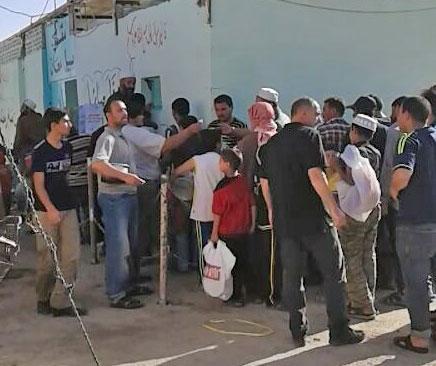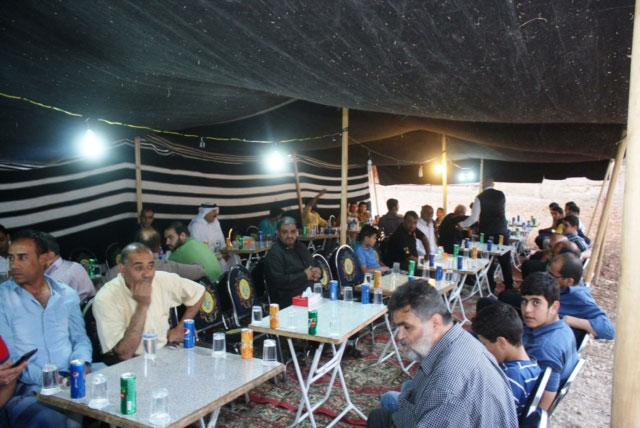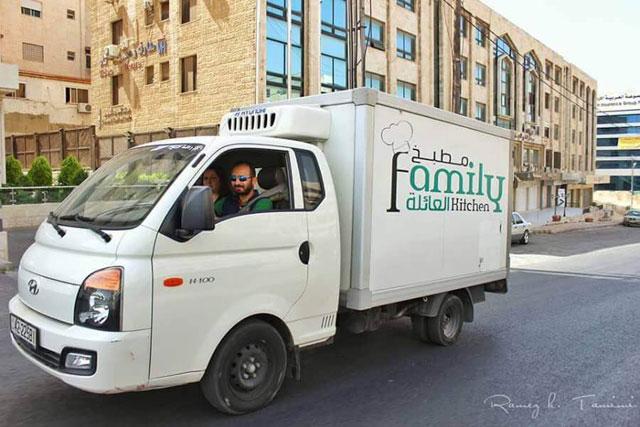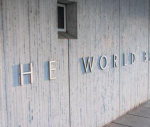You are here
Maan iftar tent 'shows city’s hospitality'
By Muath Freij - Jun 15,2016 - Last updated at Jun 15,2016

The ‘Sabeel Maan’ tent has been serving iftar to those in need and drivers on the road for over 15 years (Photo courtesy of Firas Maghaytah)
AMMAN — When Khaldoun Aqaileh was young, he used to join his father every Ramadan to donate a tent in Maan providing drivers and underprivileged people with iftar meals.
Aqaileh recalled his father’s passion for the charity project, remembering that he never missed a day to donate to the tent during the fasting month.
Now a father himself, Aqaileh is following in his father’s footsteps and keeping the family tradition alive, even though he now resides in the capital.
“This tent is one of the most important parts of Maan’s heritage. It shows the hospitality of the city’s residents,” he told The Jordan Times over the phone on Saturday.
Dubbed “Sabeel Maan”, the huge tent is set up to provide iftar meals for motorists passing through the city, 220km south of Amman, according to Mahmoud Abu Saleh, who helps run the charity project.
The iftar meal is eaten at sunset to break the day-long fast in Ramadan.
Abu Saleh said drivers do not have a choice in whether or not to stop at the tent, as local residents force them to park their vehicle and share the iftar meal with them so they do not miss it after a long day of fasting.
The initial aim of the tent, which was established over 15 years ago, was to serve drivers, while offering food to underprivileged local residents was a secondary aim, Abu Saleh recounted.
“The concept has changed as we started focusing on underprivileged families, while some share still goes to drivers. Many families living in nearby villages benefit from this project,” he told The Jordan Times.
Describing the tent as a “source of pride” for all Maan residents, Essam Elyyan said they collect donations worth JD2,500 a day.
“This project also serves university students and people who want to perform umra,” he added, referring to the lesser pilgrimage to Mecca.
Abu Saleh, who is better known in the city as Abu Zaid, said a total of 500 families benefit from the tent every day.
“The project is based on voluntary work, and we have between 40 and 50 volunteers ranging from chefs to people who deliver the meals using their own vehicles,” he added.
Aqaileh said he started taking his children with him to show them how people from Maan work with great joy to help others.
“I want this tradition to stay alive in our family and I want to pass it on to my children,” he said with a smile.
Related Articles
SALT — Gathered in a Bedouin tent in a churchyard, around 40 people waited for the mosque to announce the end of the daily fast with a call
AMMAN — With the start of the holy month of Ramadan, Highway Patrol Department (HPD) launched an initiative entitled “Do not rush, we will s
AMMAN — Aiming to promote Ramadan values, a group of 120 volunteers is collecting leftover food from banquets at hotels and restaurants, and


















